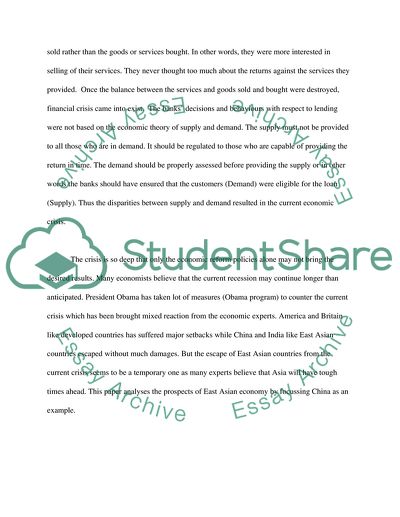Cite this document
(“East Asian Economy and the 2008/2009 Financial Crisis Essay”, n.d.)
East Asian Economy and the 2008/2009 Financial Crisis Essay. Retrieved from https://studentshare.org/macro-microeconomics/1557280-east-asian-economy-and-the-20082009-financial-crisis
East Asian Economy and the 2008/2009 Financial Crisis Essay. Retrieved from https://studentshare.org/macro-microeconomics/1557280-east-asian-economy-and-the-20082009-financial-crisis
(East Asian Economy and the 2008/2009 Financial Crisis Essay)
East Asian Economy and the 2008/2009 Financial Crisis Essay. https://studentshare.org/macro-microeconomics/1557280-east-asian-economy-and-the-20082009-financial-crisis.
East Asian Economy and the 2008/2009 Financial Crisis Essay. https://studentshare.org/macro-microeconomics/1557280-east-asian-economy-and-the-20082009-financial-crisis.
“East Asian Economy and the 2008/2009 Financial Crisis Essay”, n.d. https://studentshare.org/macro-microeconomics/1557280-east-asian-economy-and-the-20082009-financial-crisis.


